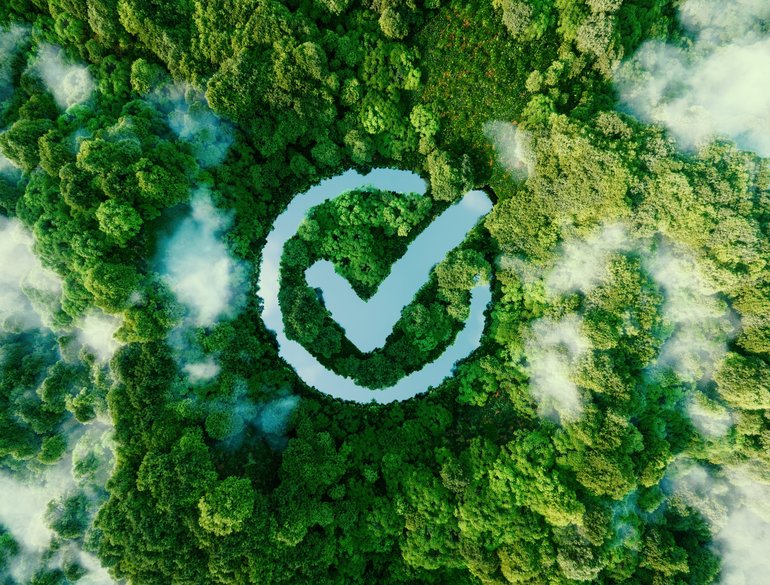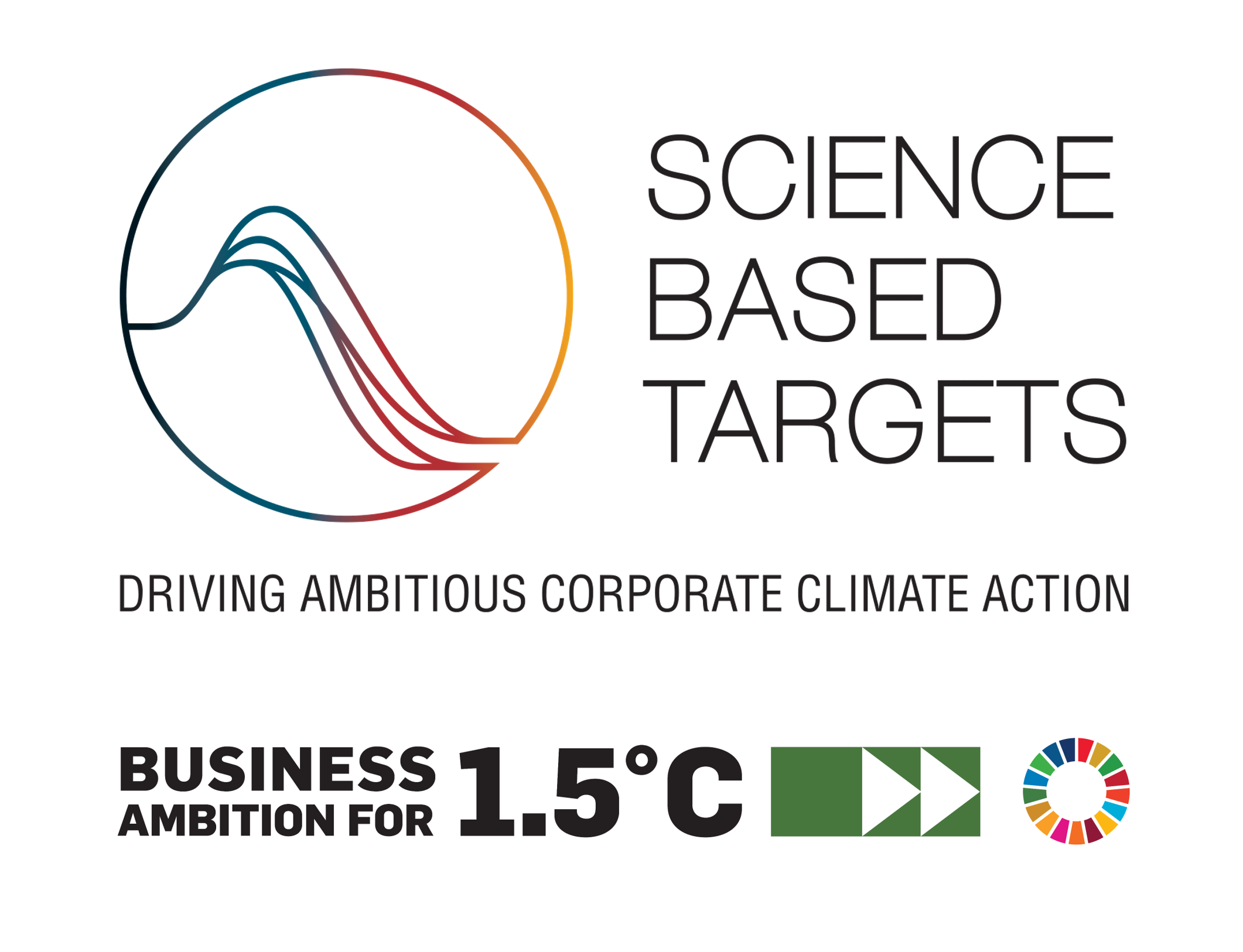
LC Packaging’s Science-Based Emission Reduction Targets validated by the SBTi
30. November 2023
LC Packaging’s near-term science-based greenhouse gas emission reduction targets have been approved by the Science Based Targets initiative (SBTi). These targets reflect our ambition to reduce the emissions from our value chain in line with the 1.5°C pathway. The targets cover our full operations and value chain. This includes the direct (Scope 1) and indirect emissions (Scope 2 and 3) of all of LC Packaging's sales offices and warehouses, and our FIBC production facilities Dutch-Bangla Pack Ltd. (Bangladesh) and LC Shankar (South Africa).
A science-based commitment to reducing emissions
LC Packaging aims for a 50% greenhouse gas (GHG) emission reduction in its value chain by 2030, in line with the goals of the Paris Agreement of 2015. With our science-based targets, LC Packaging commits to reduce absolute scope 1 and 2 GHG emissions by 50% by 2030 from a 2021 base year. We also commit to reduce absolute scope 3 GHG emissions by 50% within the same timeframe. By 2030, not more than 138,837 metric tons of CO2 equivalent must be emitted in our value chain. This target is part of LC Packaging’s 2030 Ambition that includes goals in the field of Living Wage, Circularity and Climate Action. Read more about our Climate Action goals in our 2030 Ambition magazine.

Why validation of emission reduction targets is important
The Intergovernmental Panel on Climate Change (IPCC) has warned that global warming must definitely not exceed 1.5°C to avoid the catastrophic impacts of climate change. To achieve this, the IPCC states that greenhouse gas emissions must halve by 2030 and drop to net zero by 2050. For businesses to have a true impact on this, relevant and substantiated targets are necessary. Emission reduction targets are considered science-based if they are in line with what the latest climate science deems necessary to limit global warming to that 1.5°C. According to Lucas Lammers, CEO of LC Packaging: “By setting a science-based target, we can be sure our efforts are credible and ambitious enough to make the necessary contribution to mitigate climate change.”
About the Science Based Targets initiative (SBTi)
The Science Based Targets initiative (SBTi) is a global body enabling businesses to set ambitious emission reduction targets in line with the latest climate science. It is focused on accelerating companies across the world to halve emissions before 2030 and achieve net-zero emissions before 2050. The initiative is a collaboration between CDP, the United Nations Global Compact, World Resource Institute (WRI) and the World Wide Fund for Nature (WWF) and one of the We Mean Business Coalition commitments. The SBTi defines and promotes best practice in science-based target setting, offers resources and guidance to reduce barriers to adoption, and independently assesses and approves companies’ targets. The SBTi’s target dashboard shows companies and financial institutions that have set science-based targets, or have committed to developing targets. Visit www.sciencebasedtargets.org.